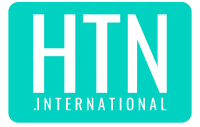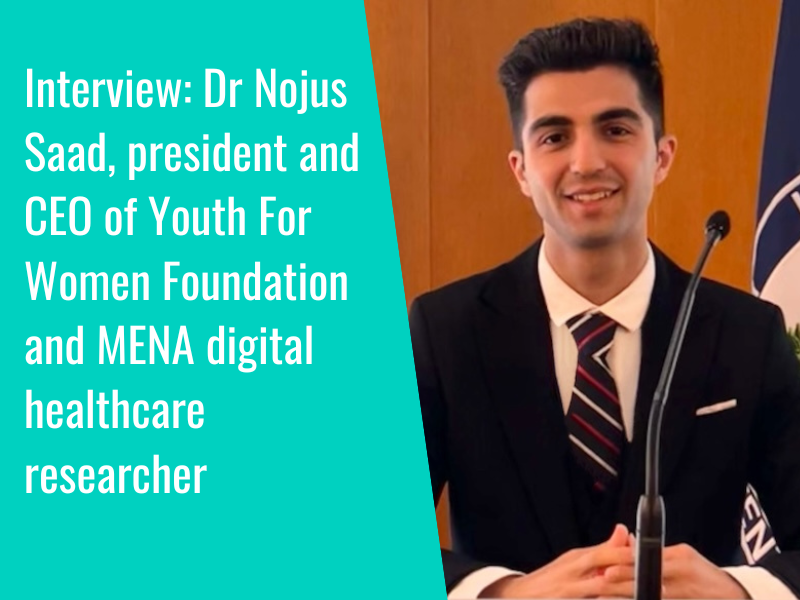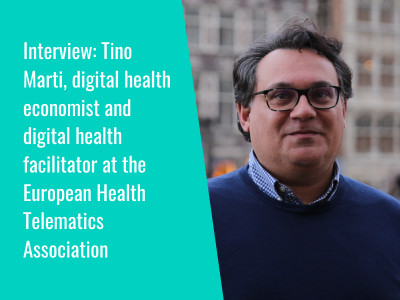The World Bank has published a report titled ‘Digital-in-Health: Unlocking the Value for Everyone’, which looks at the progress and promise of digital technologies in health around the world, including country readiness measured through maturity metrics from the Global Digital Health Monitor (GDHM), and presents eleven determinants of digital-in-health success.
The report’s main findings on digital maturity are that “countries have made progress with the digital aspects of their health systems, but that significant gaps remain”, with countries being placed overall at stage two of five across digital health maturity.
Findings from a comparison of GDHM and GovTech Maturity Index (GTMI) scores show “the correlation between digital health maturity and GovTech maturity is weak to moderate”, and the report suggests that this indicates “a lack of coordination between these efforts”. It further indicates that “as many digital health solutions will require investments beyond the health sector”, it is important to improve the coordination and links with government and health digital transformation.
Determinants of digital-in-health success
Moving on to determinants of digital-in-health success, the World Bank’s report outlines a total of 11 different determinants. The first is evidence, as “although digital technologies bring huge and countless opportunities for transforming health care, not all possible opportunities can (or should) be implemented at the same time”. Findings show that whilst the evidence base for digital health intervention is growing, it has “started from a low base”, and is “skewed today toward specific geographical areas and specific digital interventions”.
Another of the determinants set out in the report is digital health leadership at regional and global levels. The report states that “building an enabling environment for a digital-in-health mindset and vision requires strong government leadership to establish solid partnerships”. Along with leadership, regulation is also something the report considers to be important, stating “the strength of regulatory processes will influence the extent to which a country embraces digital technologies with clinical benefit”, and noting that the “special regulatory consideration” needed for digital health solutions is “currently lacking in many countries”.
Data governance and sharing is a further determinant of digital-in-health success, with the report highlighting that the World Development Report 2021 shows that “the legal and policy environment for data governance, writ large, is in its infancy in many countries and that it often interacts in a complex multidimensional legal and regulatory space”. Whilst the report acknowledges that data governance is “becoming a matter of pressing national policy”; it indicates that “the global nature of the data landscape also calls for closer regional and international cooperation”.
The availability and use of digital records is another of the determinants included within the report, which signals a rapid increase for digital health record adoption over the last ten years, but that paper records are sometimes not eliminated, “thereby doubling the required effort”. The report further blames “digital discontinuity” for data quality issues, noting that if digital health records are paper based or disconnected from one another, data needs to be manually collected from separate courses, resulting in “periodic, non-real-time data collection efforts”, leading to “weak data quality and use”.
The remaining determinants making up the 11 include who is involved in planning and implementation; digital infrastructure availability and accessibility; number of health information systems and how they exchange data; capacity for and trust in digital technology; extent to which public and private sectors work together; extent to which digital health progress is linked with wider digital transformation; and how digital technologies are financed, implemented, and monitored.
Recommendations
In the interests of advancing digital-in-health, the report moves on to outline a series of 10 recommendations. The first recommendation is choosing digital solutions that respond to people’s health needs and prioritising based on “evidence that a digital intervention works”. The report highlights four areas for priority investment: patient-facing apps for scheduling and access to health data; digital tech for noncommunicable disease prevention, diagnoses and management; virtual interactions and telemedicine; and electronic health records and health information exchanges.
Other recommendations include focusing on digital health solutions that improve access to health care for vulnerable and marginalised groups; driving digital health through leadership and partnership; reinforcing ethical standards and regulatory systems; connecting facilities, services, information and people, filling in health information gaps and connecting siloed HISs; and collaborating at a global and regional level on digital health.
To read the report in full, please click here.
Citation: World Bank. 2023. Digital-in-Health: Unlocking the Value for Everyone. © Washington, DC: World Bank. http://hdl.handle.net/10986/40212 License: CC BY 4.0.
- 1
- 2














